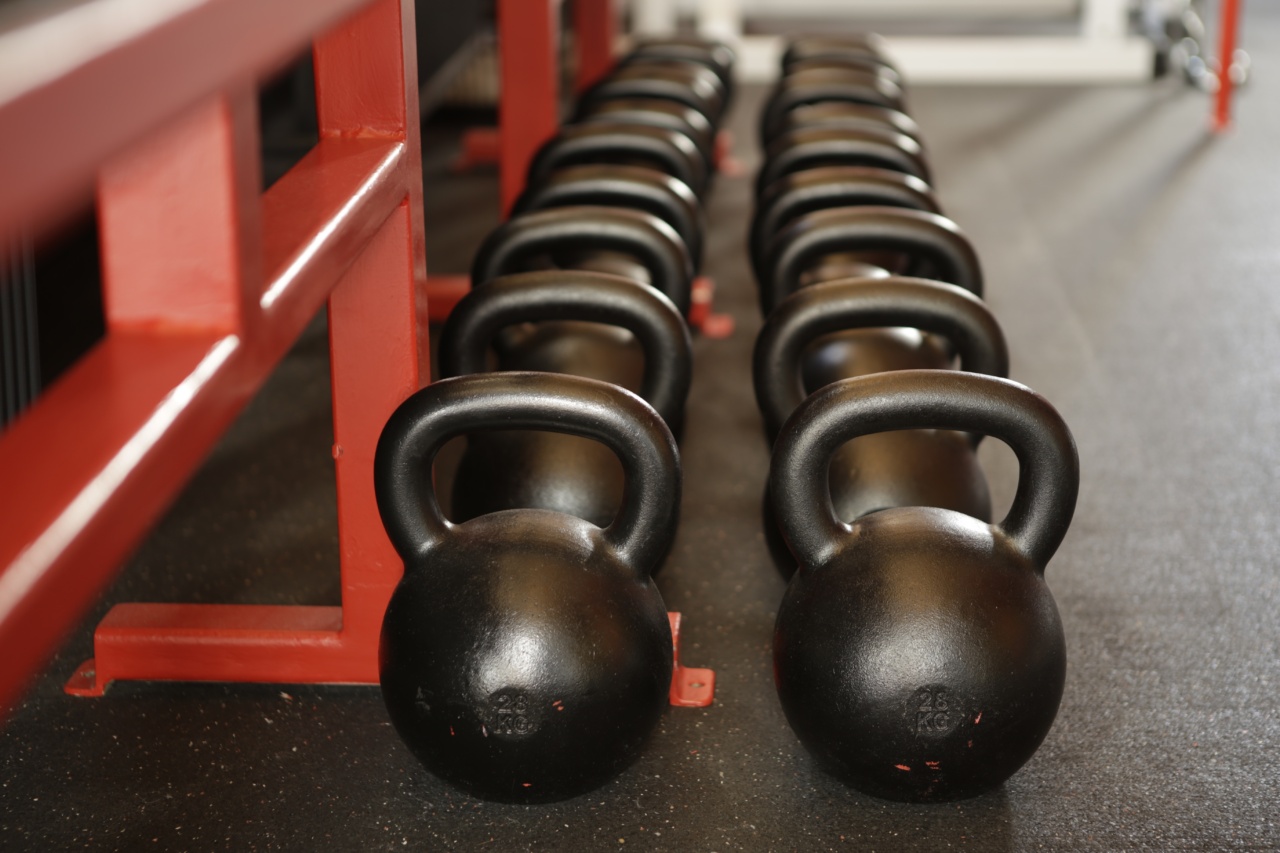Bones play a crucial role in our overall health and well-being. They provide structural support, protect vital organs, and store essential minerals like calcium and phosphorus.
As we age, bone strength begins to decline, leading to conditions like osteoporosis, which affect millions of people worldwide. While genetics and lifestyle factors like diet and exercise play a significant role in bone health, the impact of hormones is often overlooked. In this article, we will explore the power of hormones in building strong bones for life.
Understanding Hormones and Bones
There are several hormones in the body that play a crucial role in regulating bone health. Here are some of the key hormones:.
Estrogen
Estrogen is a hormone that plays a vital role in maintaining bone health. It helps in the growth and maintenance of bones by blocking the activity of cells that break down bones.
After menopause, the reduction in estrogen levels leads to a rapid decline in bone density in women.
Testosterone
Testosterone is another hormone that plays a role in bone health. It is predominantly known as a male hormone, but females also produce testosterone in small quantities.
It helps in the mineralization and growth of bones, and low levels of testosterone can lead to weak and brittle bones.
Calcitonin
Calcitonin is a hormone that regulates calcium levels in the blood. It helps in the storage of calcium in bones, which makes them stronger and more resistant to fractures.
Parathyroid Hormone
Parathyroid hormone (PTH) is a hormone that regulates calcium levels in the body. It stimulates the release of calcium from bones and increases the concentration of calcium in the blood.
PTH levels increase when calcium levels are low, leading to bone resorption and weakening of bones over time.
Growth Hormone
Growth hormone (GH) is a hormone produced by the pituitary gland. It plays a critical role in the growth and development of bones, especially during childhood and puberty.
The Role of Hormones in Bone Health
Now that we have discussed the hormones involved in bone health let us explore the impact each of these hormones has on bone health:.
Estrogen and Bone Health
Estrogen is a hormone that plays a critical role in bone health, especially in women. Reduced levels of estrogen can lead to a rapid decline in bone density, leading to conditions like osteoporosis.
Women who have experienced early menopause or who have had their ovaries removed are at higher risk of developing osteoporosis.
Studies show that estrogen replacement therapy (ERT) can help prevent osteoporosis in postmenopausal women. ERT involves the use of estrogen and progestin to replace the hormones lost during menopause.
However, ERT has some risks, such as increased risk of breast cancer and blood clots, and should only be used after consulting a doctor.
Testosterone and Bone Health
Testosterone is a hormone that is commonly associated with male health. However, it also plays a critical role in the bone health of both men and women.
Low levels of testosterone can lead to weak and brittle bones, leading to conditions like osteoporosis.
Studies show that testosterone replacement therapy can improve bone density in men with low testosterone levels.
However, testosterone replacement therapy has some risks, such as an increased risk of prostate cancer and heart disease, and should only be used after consulting a doctor.
Calcitonin and Bone Health
Calcitonin is a hormone that helps regulate calcium levels in the body. It plays a role in the storage of calcium in bones, making them stronger and more resistant to fractures.
Studies show that medications that mimic calcitonin’s activity can help prevent osteoporosis and reduce the risk of fractures in women after menopause. However, these medications are not without risks, and you should only use them after consulting a doctor.
Parathyroid Hormone and Bone Health
Parathyroid hormone (PTH) plays a role in regulating calcium levels in the body. It helps to increase calcium in the blood by releasing calcium from bones.
However, when PTH levels are too high, they can cause bone resorption, leading to weak and brittle bones.
Medications that mimic the action of PTH have been shown to increase bone density and reduce the risk of fractures in postmenopausal women. However, like other medications, these have risks and should only be used after consulting a doctor.
Growth Hormone and Bone Health
Growth hormone (GH) plays a critical role in the growth and development of bones, especially during childhood and puberty. During puberty, GH stimulates the growth plates in bones, leading to an increase in bone length.
In adulthood, GH helps in the maintenance of bone density.
Growth hormone deficiency can lead to weak and brittle bones, even in younger individuals. In such cases, recombinant human growth hormone (rhGH) therapy can help improve bone density and reduce the risk of fractures.
Conclusion
Hormones play a crucial role in the growth, development, and maintenance of bones. Reduced levels of hormones like estrogen and testosterone can lead to the development of conditions like osteoporosis.
However, while hormone replacement therapy and medications that mimic the action of hormones can help improve bone health, they also have risks and should only be used after consulting a doctor.






























